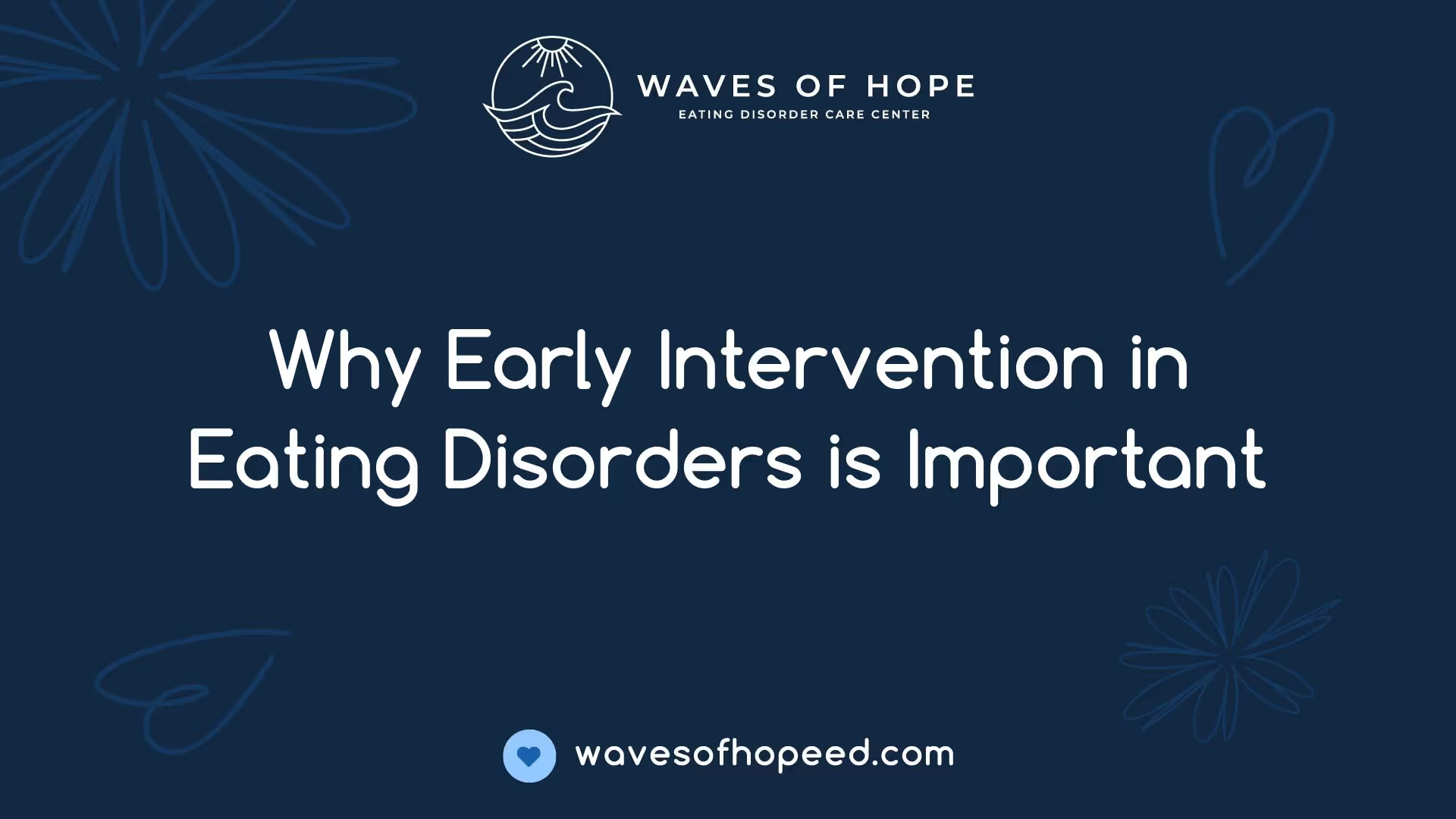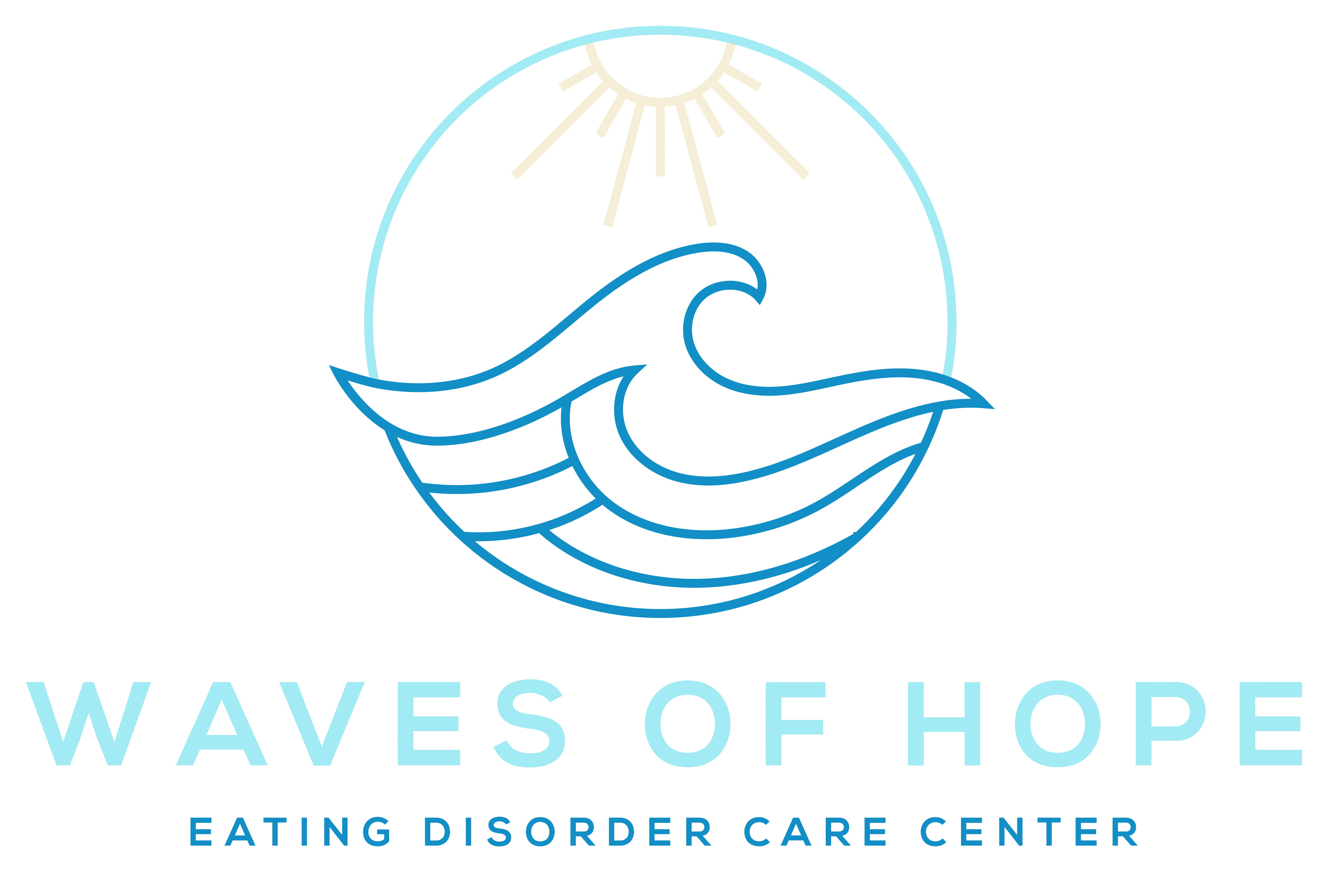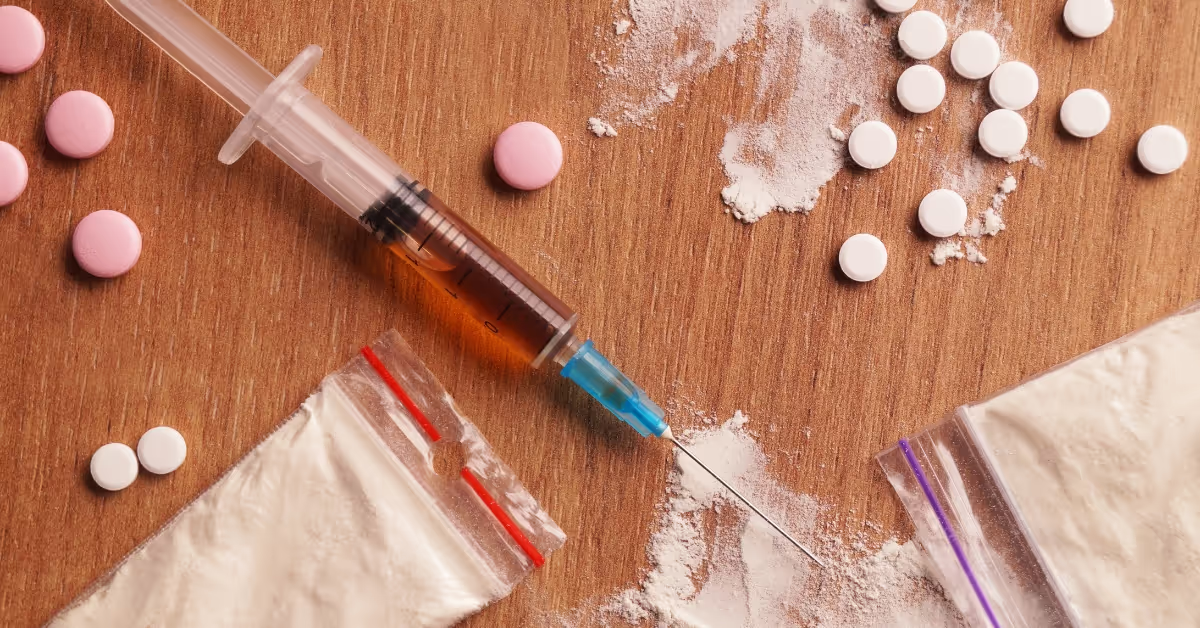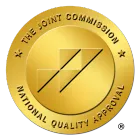.avif)
Understanding Eating Disorders
Understanding eating disorders requires a deeper look into their definitions, types, and the significant impact they have on individuals.

Definition and Types of Eating Disorders
Eating disorders are complex mental health conditions characterized by abnormal eating behaviors that negatively affect physical and emotional health. There are several primary types of eating disorders, including:
Type of Eating DisorderKey CharacteristicsAnorexia NervosaExtreme weight loss, fear of weight gain, food restrictionBulimia NervosaBinge eating, purging, emotional distressBinge Eating DisorderConsuming large amounts of food, lack of control, no purging
Prevalence and Impact on Individuals
Eating disorders affect a diverse range of individuals, transcending age, gender, and cultural backgrounds. Studies indicate that these disorders are more common than often perceived.
Eating DisorderEstimated Prevalence (%)Anorexia Nervosa0.5 - 1.0Bulimia Nervosa1.0 - 2.0Binge Eating Disorder2.8 - 3.5
The impact of eating disorders goes beyond physical health, influencing psychological wellness and social relationships. Individuals can experience:
Understanding the types and prevalence of eating disorders highlights the essential need for awareness and early intervention. Such initiatives can significantly alter the recovery trajectory for those affected.
Importance of Early Intervention
Early intervention in eating disorders is crucial for effective recovery and minimizing long-term health consequences. Recognizing the early signs and understanding the risks associated with untreated conditions can significantly impact outcomes for individuals affected.
Early Signs and Symptoms of Eating Disorders
Recognizing the initial warning signs can help in the timely identification of eating disorders. Common symptoms include dramatic changes in eating habits, excessive concern about body weight, and social withdrawal.
Early Signs and SymptomsDescriptionSudden weight loss or gainNoticeable changes in body weight over a short periodPreoccupation with foodConstantly thinking about food, dieting, or body imageSkipping mealsFrequently missing meals or restricting intakeChanges in social behaviorAvoiding social gatherings, especially those involving foodPhysical signsSigns such as fatigue, dizziness, or hair loss
Risks of Untreated Eating Disorders
Failing to address eating disorders in their early stages can lead to severe health problems. The risks include physical, emotional, and psychological consequences that may worsen over time.
Risks of Untreated Eating DisordersImpactMalnutritionDeficiency in essential nutrients leads to significant health issuesHeart problemsIrregular heart rhythms and potential heart failureBone density lossIncreased risk of osteoporosis and fracturesMental health disordersHeightened symptoms of anxiety, depression, or other mood disordersSocial isolationDifficulty maintaining relationships and social connections
Understanding why early intervention in eating disorders is important involves recognizing these early signs and the potential dangers of inaction. Timely support can help individuals reclaim their health and thrive in their lives.
Benefits of Early Intervention
Addressing eating disorders early can lead to numerous advantages for individuals experiencing these challenges. Early intervention is crucial not only for immediate recovery but also for long-term health and wellness.
Physical Health Recovery
One of the primary benefits of prompt intervention is the improvement in physical health. Early treatment can prevent the severe health complications often associated with eating disorders, such as heart issues, malnutrition, and hormonal imbalances.
Health OutcomeImpact of Early InterventionConsequences of DelayHeart RateStabilization within 1-2 monthsRisk of heart failureWeight RestorationOften achieved in 3-6 monthsProlonged malnutrition effectsNutritional DeficienciesCorrected effectivelyLong-lasting organ damage
Psychological Well-being
Early intervention also provides significant benefits for psychological health. Through therapy and support, individuals can develop healthier coping mechanisms and improve their self-esteem, leading to better mental health outcomes.
Psychological BenefitEffect of Early InterventionPotential Long-term Effects of DelayAnxiety ReductionSignificant decrease in anxiety levels within weeksChronic anxiety disordersImproved Self-esteemNoticeable improvements within 3 monthsPersistent low self-worthCoping StrategiesDevelopment of effective strategies early onReliance on harmful habits
Social and Emotional Support
Support from family, friends, and support groups plays a vital role in recovery. Early intervention can foster a strong support system, enabling individuals to navigate their challenges with encouragement from loved ones.
Type of SupportImportance in Early InterventionConsequences of Limited SupportFamily SupportHelps in understanding and acceptanceIncreased feelings of isolationPeer SupportOffers relatable experiencesLowers the chances of seeking helpProfessional GuidanceProvides expert advice and resourcesMissed opportunities for recovery
Recognizing the benefits of early intervention emphasizes the importance for individuals and their families to seek help as soon as possible. Promoting awareness and understanding of eating disorders can lead to timely and effective intervention, ultimately enhancing the chances of recovery and a healthier quality of life.
Challenges in Early Detection
Detecting eating disorders at an early stage is crucial to ensure effective intervention. However, several challenges hinder this process. This section explores two significant challenges: stigma surrounding mental health and barriers to seeking help.
Stigma Surrounding Mental Health
Stigma plays a substantial role in the delay of seeking help for eating disorders. Many individuals experiencing these challenges face discrimination or negative attitudes from society, which can perpetuate feelings of shame or embarrassment. This stigma can prevent them from acknowledging their struggles or discussing their experiences openly.
Factors contributing to stigma include:
Stigma FactorDescriptionCultural PerceptionsMany cultures associate mental health issues with weakness or personal failure.MisunderstandingLack of knowledge about eating disorders leads to misconceptions about the condition.Media RepresentationUnrealistic portrayals of body image in media contribute to societal pressures and stigma.
Barriers to Seeking Help
Barriers to seeking help for eating disorders can further complicate early detection. Individuals may face several obstacles that discourage them from initiating the help they require. These may include:
BarrierDescriptionFear of JudgmentConcerns about being judged by friends, family, or healthcare providers can hinder individuals from seeking proper support.Financial ConstraintsThe cost of treatment can be prohibitive for many, leading them to avoid seeking professional care.Lack of KnowledgeIndividuals may not be aware of what resources are available or how to access them effectively.Limited Access to CareIn certain areas, especially rural or underserved communities, access to qualified mental health professionals may be lacking.
These challenges significantly impede early intervention efforts, making it vital to address both stigma and barriers to help individuals access the care they need. Awareness and education can play a critical role in overcoming these issues.
Approaches to Early Intervention
Early intervention is crucial in addressing eating disorders effectively. Different methods can be employed to identify and support those struggling with these issues.
Screening and Assessment
Screening and assessment are essential steps in the early intervention process. Regular screenings can help identify individuals at risk of developing eating disorders. Healthcare providers use various tools and questionnaires during assessments to evaluate physical and psychological health.
Screening ToolPurposeEating Disorder Examination Questionnaire (EDE-Q)Assesses eating disorder symptoms and behaviorsSCOFF QuestionnaireScreens for potential eating disorders based on specific questionsBody Image Disturbance Questionnaire (BIDQ)Evaluates body image perception and attitudes
Family and Peer Support
Support from family and peers plays a vital role in the early intervention of eating disorders. When loved ones are informed and involved, they can contribute significantly to the recovery process. Family education helps in recognizing signs of eating disorders and encourages open communication around these issues.
Support can include:
Having a strong support network can help stabilize the individual’s emotional health and motivate them to pursue treatment.
Professional Treatment Options
Professional treatment options are critical for effective early intervention. A variety of approaches exist, including:
Treatment TypeDescriptionCognitive Behavioral Therapy (CBT)Focuses on changing negative thought patterns and behavior related to food and body imageFamily-Based Therapy (FBT)Involves family members in the recovery process, particularly effective for adolescentsNutritional CounselingGuides individuals on developing a balanced and healthy relationship with food
By utilizing these professional treatments, individuals can receive personalized care that addresses their unique needs and hurdles. Implementing a combination of these approaches can significantly enhance recovery outcomes and emphasize the importance of early intervention in eating disorders.
Role of Awareness and Advocacy
Raising awareness and promoting advocacy are crucial steps in addressing eating disorders effectively. By understanding the significance of early intervention, individuals and communities can contribute to better outcomes for those affected.
Promoting Education and Awareness
Educational initiatives play a vital role in informing the public about eating disorders. These programs can help increase understanding of the signs, symptoms, and challenges faced by individuals battling these conditions.
Educational TopicPurposeUnderstanding Eating DisordersRaise awareness of different types and their effectsRecognizing Early SymptomsEquip individuals to identify warning signsUnderstanding Treatment OptionsInform about available support and resources
Increasing knowledge within schools, workplaces, and communities can empower individuals to seek help early on and support others in their journey.
Advocating for Improved Access to Care
Access to quality care is essential for effective treatment of eating disorders. Advocacy efforts aim to address barriers that prevent individuals from receiving timely and appropriate intervention. Common barriers include high treatment costs, lack of insurance coverage, and limited availability of specialized services.
Barrier TypeDescriptionFinancialHigh costs associated with treatment may deter individualsInsuranceMany plans do not cover eating disorder treatment adequatelyAvailabilityShortage of trained professionals in certain areas
Advocacy focuses on promoting policies that enhance insurance coverage, increase funding for mental health services, and ensure that care is accessible for all individuals.
Supporting Individuals in Recovery
Support networks are critical for individuals struggling with eating disorders. Involving family, friends, and community members in the recovery process can create an environment conducive to healing.
Support TypeDescriptionEmotional SupportFriends and family provide encouragement and understandingPeer SupportSupport groups connect individuals with similar experiencesProfessional SupportTherapists and dietitians offer specialized treatment
Encouraging open conversations about eating disorders can help reduce stigma, while offering support boosts confidence in individuals on their path to recovery.




.svg)















































.jpg)
.jpg)
.jpg)
.jpg)
.jpg)
.jpg)
.jpg)
.jpg)
.jpg)
.jpg)
.jpg)
.jpg)
.jpg)
.jpg)
.jpg)
.jpg)
.jpg)
.jpg)
.jpg)
.jpg)
.jpg)
.jpg)
.jpg)
.jpg)
.avif)
.avif)

.avif)
.avif)
.avif)
.avif)
.avif)
.avif)
.avif)
.avif)
.avif)
.avif)
.avif)
.avif)
.avif)
.avif)
.avif)
.avif)
.jpg)
.avif)
.avif)
.avif)
.avif)
.avif)

.avif)

.avif)
.avif)
